The 1970s gave us some of the most beloved and enduring music in history, but behind the catchy melodies and powerful lyrics of many hits, there are backstories that are anything but lighthearted. From heartbreak and addiction to tragedy and turmoil, the inspiration behind some of these songs reveals a darker side to the era’s music. Let’s take a closer look at 12 iconic songs from the ’70s with surprisingly dark backstories.
1. “Hotel California” – Eagles (1976)
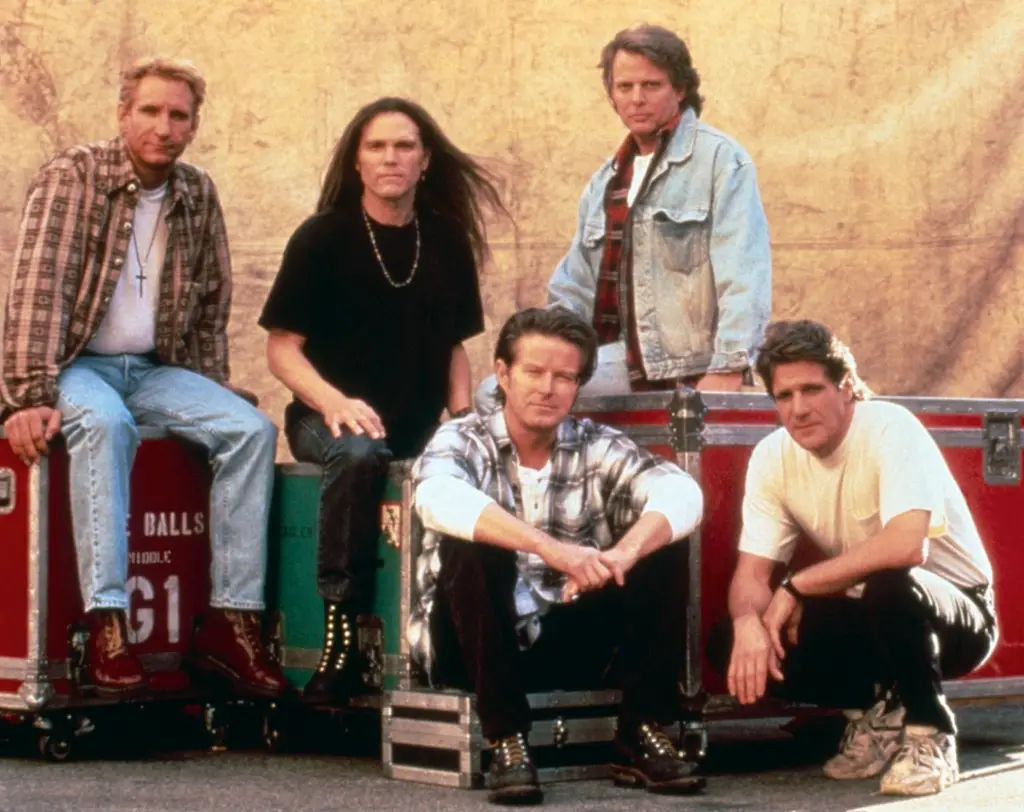
On the surface, Hotel California feels like a dreamy, laid-back anthem about life in California. But dig deeper, and you’ll find a haunting story about excess, entrapment, and the dark side of the American Dream. Written during a time when the Eagles were experiencing massive success, the song explores the pitfalls of fame and the hedonism of the Los Angeles lifestyle.
The “hotel” is often interpreted as a metaphor for addiction and the inability to escape one’s vices. The line “You can check out any time you like, but you can never leave” encapsulates the eerie sense of being trapped in a cycle of self-destruction, making the song both iconic and unsettling.
2. “Bohemian Rhapsody” – Queen (1975)
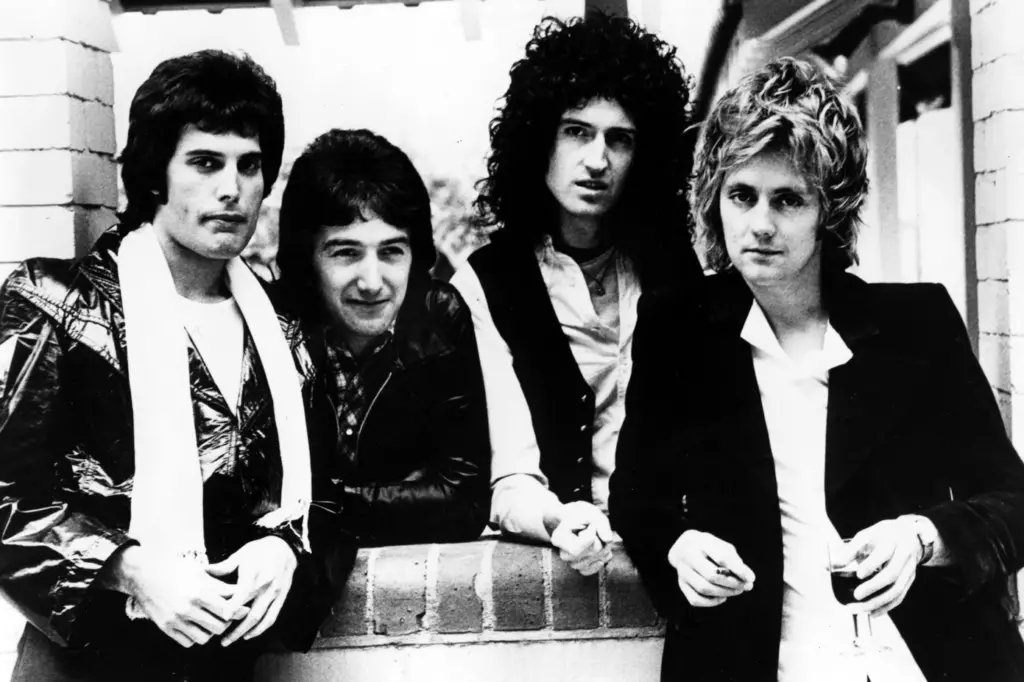
Freddie Mercury’s masterpiece, Bohemian Rhapsody, has mesmerized listeners for decades, but its cryptic lyrics have sparked endless debate. While Mercury never revealed the true meaning, many believe the song reflects his inner turmoil over his sexuality and guilt about a past relationship.
The operatic drama and references to sin and judgment suggest a personal confession. Mercury’s struggles with identity and societal expectations add a poignant layer to the song’s theatrical brilliance, making it a deeply emotional listening experience.
3. “Tears in Heaven” – Eric Clapton (1991)
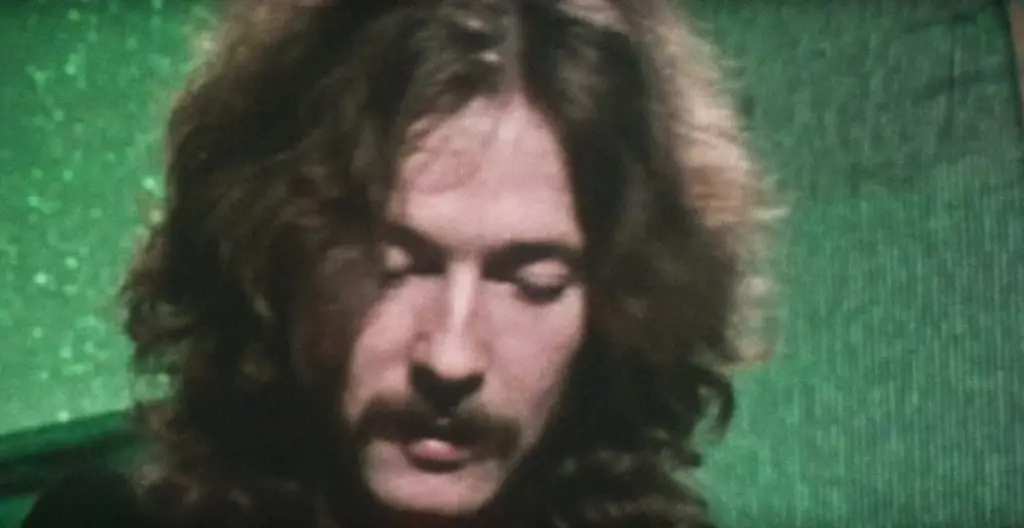
Though released in 1991, Tears in Heaven was written in the wake of a personal tragedy that occurred in 1990, deeply tied to Clapton’s struggles throughout the ’70s. The song reflects the grief Clapton endured after the accidental death of his four-year-old son, Conor, who fell from a New York City apartment building.
While the song came later, Clapton’s battles with addiction and fame during the ’70s set the stage for this heartbreaking loss. Tears in Heaven remains a haunting tribute to his son and the fragility of life.
4. “American Pie” – Don McLean (1971)
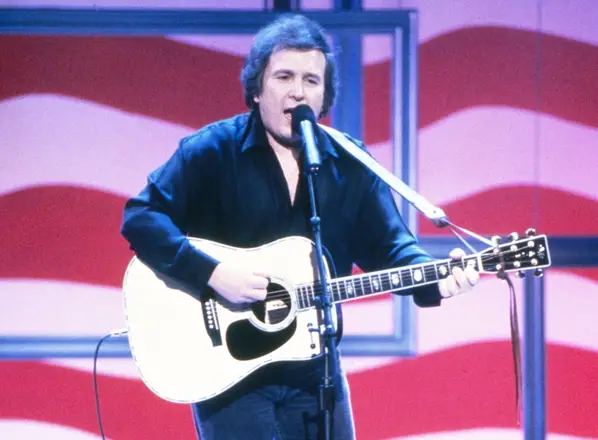
Don McLean’s American Pie is a nostalgic ode to the music of the past, but its lyrics are steeped in tragedy. The song famously references “the day the music died,” a nod to the 1959 plane crash that killed Buddy Holly, Ritchie Valens, and The Big Bopper. McLean wrote the song as a reflection on how music and culture changed after that moment.
Beyond the plane crash, the song explores themes of disillusionment, societal decay, and the loss of innocence in America, making it a bittersweet anthem for a generation.
5. “Gimme Shelter” – The Rolling Stones (1969)
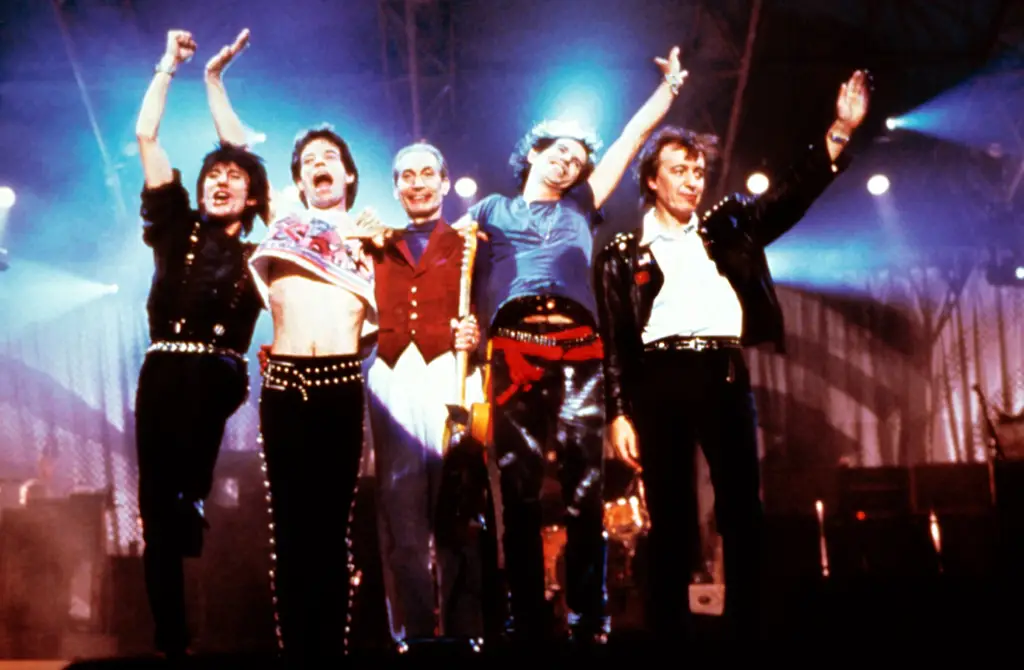
Though technically released in late 1969, Gimme Shelter became a defining anthem of the early ’70s. The song was written against the backdrop of political unrest, the Vietnam War, and personal turmoil within the band. Mick Jagger and Keith Richards captured the chaos of the time, with lyrics that evoke a world teetering on the edge.
The haunting vocals of Merry Clayton, recorded while she was pregnant, add another layer of intensity. Tragically, Clayton suffered a miscarriage shortly after recording the song, adding a deeply personal heartbreak to the track’s already dark history.
6. “Landslide” – Fleetwood Mac (1975)
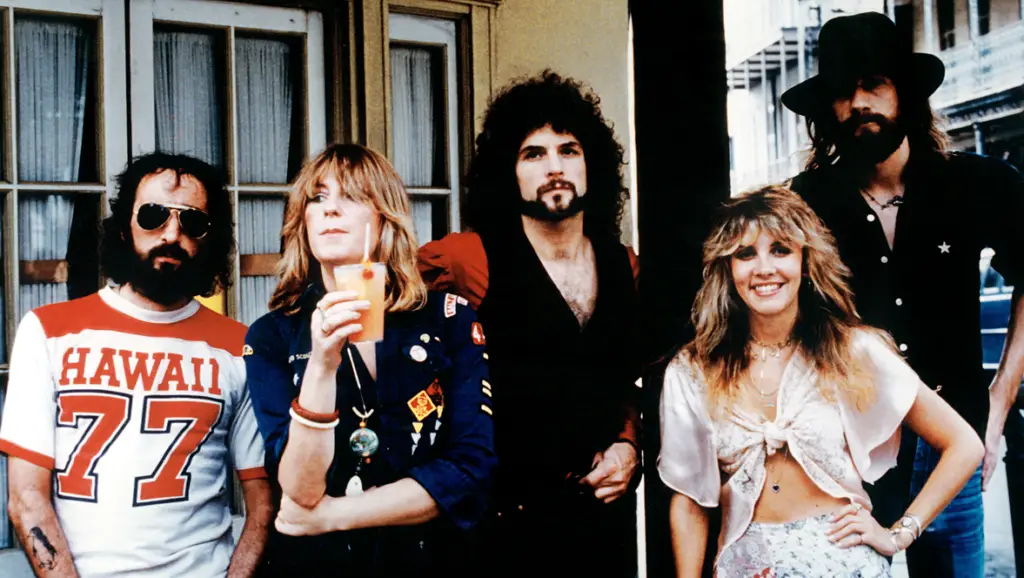
Written by Stevie Nicks, Landslide is a beautiful, introspective ballad about change and uncertainty. While the lyrics are poetic, the song came from a place of deep personal struggle. Nicks was contemplating her future with Lindsey Buckingham and the challenges of their relationship amid financial difficulties and creative tension.
The vulnerability in the song’s lyrics reflects Nicks’s fears about love, career, and self-worth. Though it’s an inspiring anthem of resilience for many listeners, its origins are rooted in profound emotional pain.
7. “The Needle and the Damage Done” – Neil Young (1972)
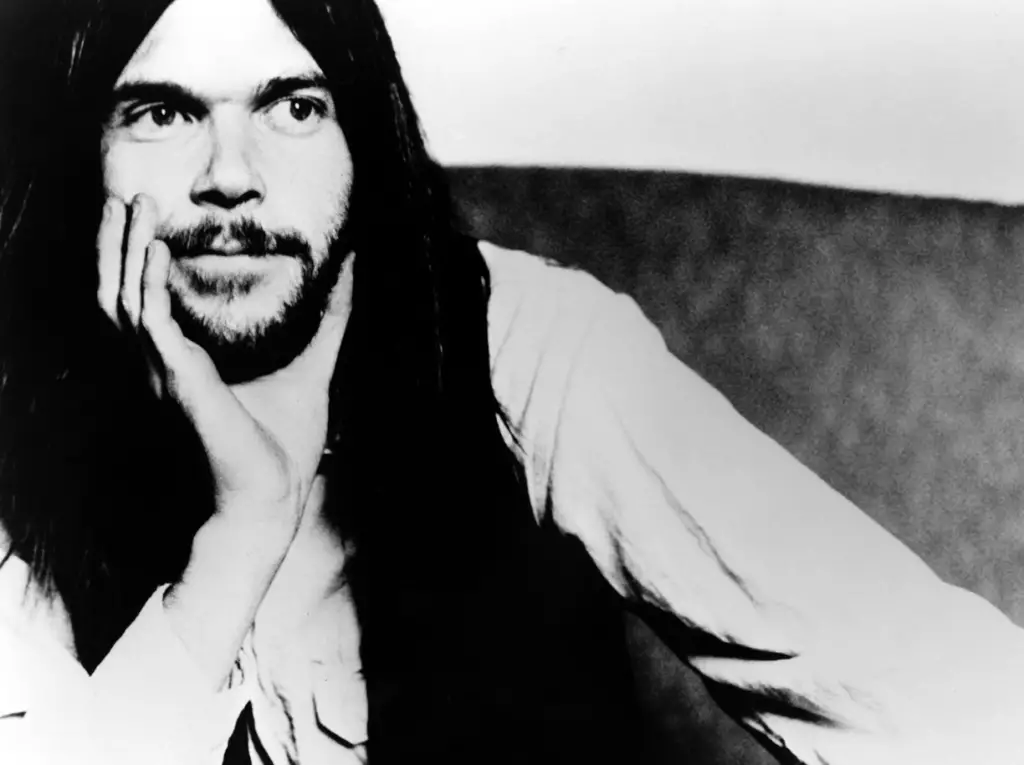
Neil Young’s The Needle and the Damage Done is a raw and unflinching look at heroin addiction. Written as a tribute to his friends who struggled with substance abuse, the song was inspired by the overdose deaths of fellow musicians, including Crazy Horse guitarist Danny Whitten.
Young’s haunting lyrics and somber delivery convey the devastating impact of addiction, making it a poignant and painful reminder of the cost of the drug epidemic in the music world.
8. “Fire and Rain” – James Taylor (1970)

James Taylor’s Fire and Rain is a deeply personal song that chronicles his struggles with mental health, addiction, and the loss of a close friend. The line “Suzanne, the plans they made put an end to you” refers to a friend who died by suicide, a tragedy Taylor only learned about after the fact.
The song also reflects his experiences with institutionalization and the pressures of fame, making it one of the most vulnerable and heartbreaking tracks of the decade.
9. “Cats in the Cradle” – Harry Chapin (1974)
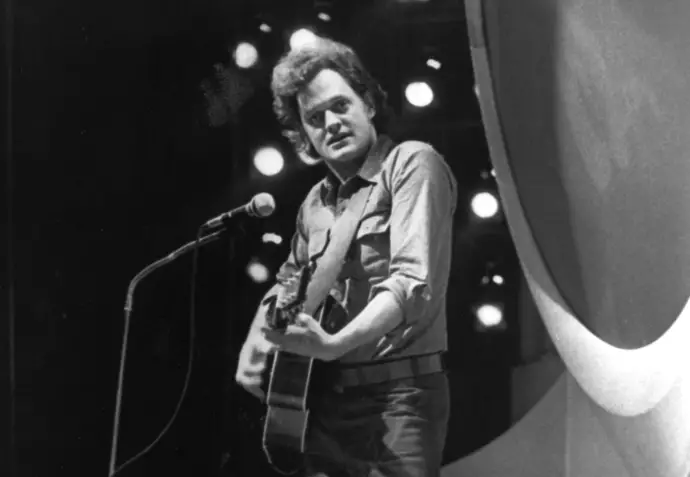
Cats in the Cradle is often interpreted as a touching father-son story, but its lyrics carry a somber message about missed opportunities and regret. Chapin co-wrote the song with his wife, who drew inspiration from her first husband’s strained relationship with his father.
The song’s bittersweet ending serves as a warning about the consequences of neglecting loved ones, making it a powerful yet sobering anthem for listeners across generations.
10. “Imagine” – John Lennon (1971)
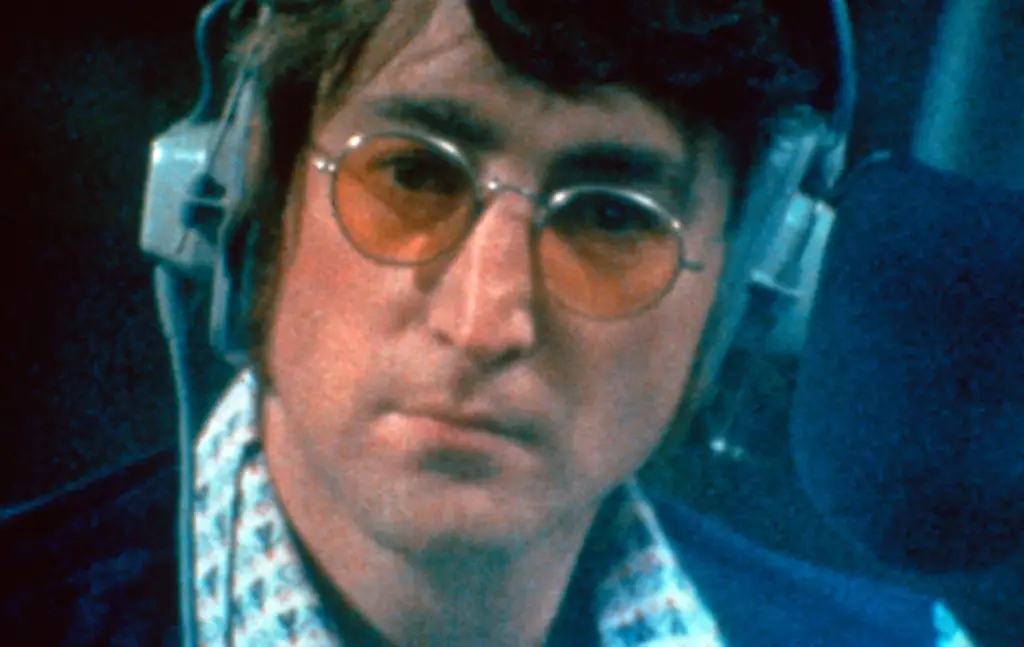
While John Lennon’s Imagine is celebrated as a hopeful vision for peace, its creation was marked by turmoil. Lennon’s marriage to Yoko Ono and his activism during the Vietnam War era made him a polarizing figure, and the song reflects his frustration with societal divisions.
The idealism in the lyrics is tinged with melancholy, as Lennon grappled with personal and global struggles. The song’s enduring power lies in its ability to inspire hope despite its origins in conflict.
11. “Let’s Stay Together” – Al Green (1972)
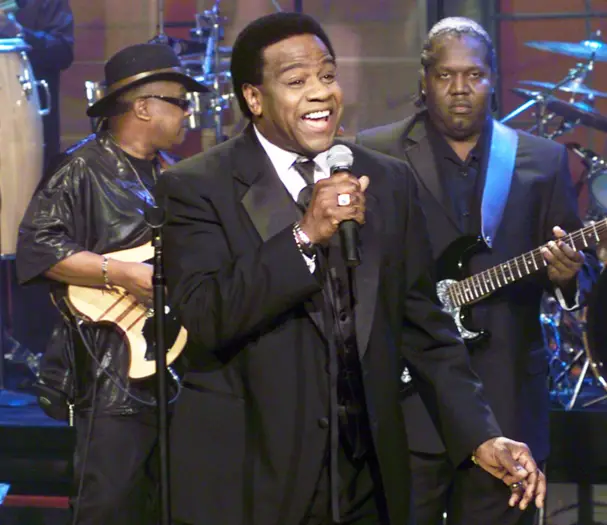
Al Green’s soulful love song Let’s Stay Together became a timeless hit, but Green’s life offstage was far from harmonious. In 1974, Green survived a traumatic attack when a girlfriend scalded him with boiling grits before taking her own life. While the incident occurred after the song’s release, it cast a shadow over his music.
Green turned to religion after the tragedy, becoming a pastor and shifting away from secular music, making Let’s Stay Together a bittersweet reminder of his earlier career.
12. “Rhiannon” – Fleetwood Mac (1975)

Stevie Nicks’s enchanting Rhiannon is often thought of as a mystical anthem, but its inspiration comes from darker folklore. The song is based on the Welsh legend of Rhiannon, a goddess whose story involves betrayal, loss, and transformation.
The haunting melodies and cryptic lyrics reflect the mythology’s emotional weight, giving the song an ethereal yet somber quality. While it’s beloved for its magic, its roots lie in a tale of sorrow and resilience.
The 1970s produced some of the most iconic songs of all time, but the stories behind these tracks often reveal a darker, more complex reality. These backstories remind us that music has the power to transform pain into something beautiful and enduring.


